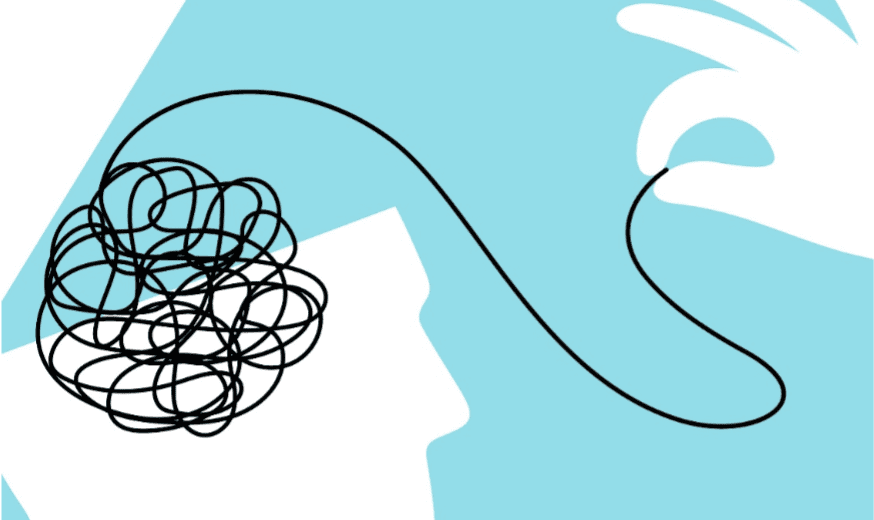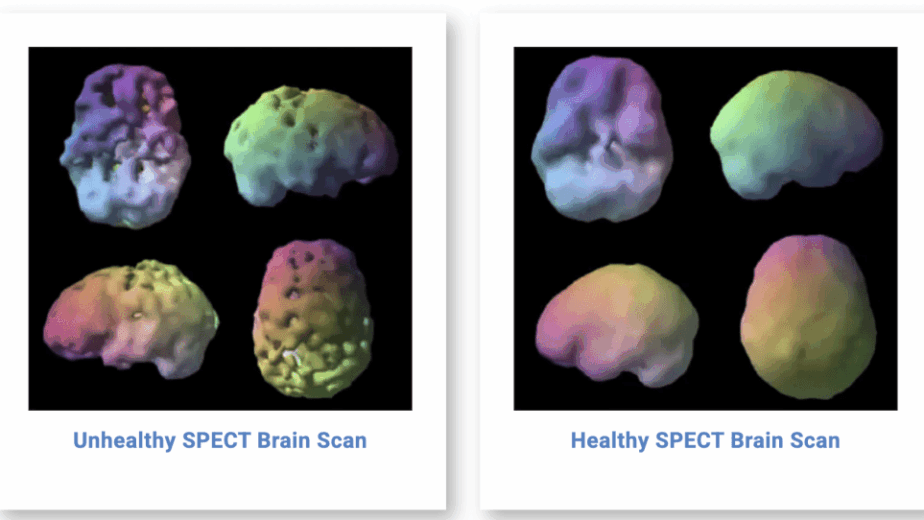Why Ketamine?
It was the year 2021 and the world was facing a dumpster fire and unfortunately I was facing my own dumpster fire. I was dealing with the after effects of having Covid in 2020, which would later be given the diagnosis “Long Covid Syndrome” (LCS). At the time I did not know what was happening to my body, but I knew whatever was happening I wanted it to stop. As time went on the symptoms only got worse and there was little to no help available from the medical community. LCS ended my career as an ER nurse.
That dumpster just kept growing beyond my control. A late night Internet search led me to Ketamine and Lone Star Infusion. I had given Ketamine in the ER to children prior to doing a procedure. My son had gotten a dose of Ketamine before a dental procedure; Safe enough for children, good enough for me! So my research began on the topic because even though my experience told my brain, it was safe, I overthink everything including my toothpaste brand. I read a lot about Ketamine helping soldiers diagnosed with PTSD. When I made the decision to try it I did not know that my own experiences would be comparable to a soldier with PTSD.
Ketamine uncovered many hidden things in my own life, and it also released things from my past that I could not let go. Ketamine therapy is not covered by insurance and is expensive. Covid ended my nursing career so I was in a financial limbo at the time. Taking the financial risk was something that I had to do without a doubt. The alternative to not trying Ketamine therapy was unacceptable. Who would wear all of my fun shoes if I wasn’t here? I had been seeing a psychiatrist for most of my adult life, but nothing prepared me for introducing a “dissociative medication” into my treatment.
In an alternative high school religion class we were taught to do guided meditation. It was very progressive for an all girls Catholic school. I welcomed it with open arms, and because I am who I am, I took it 10 steps further and began doing it in my personal life. I learned meditation to the point that at doctors’ appointments when I had to get steroid injections they were worried that I had stopped breathing. No, I just knew how to meditate myself down to a point where I could relax, transcend a bit, and get through the physical pain. The meditation knowledge helped in my Ketamine therapy. I just didn’t know it before I started.
How did I prepare for my first session?
My brain is always on, and after getting two college degrees I Know how to study, not memorize, my textbook. I used to have the ability to memorize pages of text. I have to have a certain level of distraction to keep me on task. Sounds odd, but that’s me. I can control my dreams sometimes as well so I wanted a reminder to refocus on the Ketamine therapy if I needed it. This was something I learned in meditation and in my research before treatment then in my own experience. I need a playlist with songs that have meaning, but that won’t drive emotions too much or have me singing lyrics along with the songs. Some people need silence because noise or music is such a distraction. The playlist may not be for everyone, so there is a lot of trial and error in therapy. There is always a lot of trial and error in any therapy. You have to do a little work to be successful. It is worth the effort.
The first session: T-3 hours and how on earth do I explain Ketamine therapy?
I knew going into my first session that I was a challenge for an IV. (The IV catheter is very small, don’t panic about it.) Covid has been unkind to every part of my body, including my veins. I worried that they would not be able to get an IV on my pitiful veins that were left over from Covid. I reminded myself that the clinic was run by anesthesiologists and CRNAs so that quelled some of my anxiety. CRNAs have ICU experience and I knew many CRNAs from my nursing experience and personal procedures. I knew that I could have confidence in the skill level of the practitioners that I would encounter. At Lone Star they have never proved me wrong. No food or drink, have a driver, and open the lines of communication with the team are absolute. Be honest when filling out your paperwork because it guides the team in treatment decisions as well as your progress. Dosing, effectiveness, frequency, side effects, etc are all part of the “work” and open communication.
My first session: how do I explain ketamine therapy
After a successful IV insertion, I queued up my music, laid back in a comfortable chair as my mom sat in a chair in the room. (More to come on this subject.) As the music began to play, I felt like I was about to take off in the space shuttle. Not in an anxiety ridden sense, just the anticipation of not knowing what was to come with a mix of pure comfort at the same time. I could feel the medicine circulating in my veins. How? I began to see lights and had a feeling like I was on a little bit of a roller coaster. The lights were like Times Square or Tokyo, but nothing frightening. I had a euphoric sensation and was full of anticipation for the next step.
I am as straight-edge as they come. I have never done recreational drugs in my life. This also fed into my anxiety about what to expect from the Ketamine therapy. The dose, the experience, the environment, your clothing, the room, the atmosphere, the interaction with the team,…can all come into play with your treatment. The benefit of going to a great infusion center is that the treatment is tailor-made to what you need. Communication between you and the providers needs to be open for the therapy to be successful. When I was working I said this so many times to patients, “don’t apologize” because people are afraid of what they will say while being “under the influence” of a medication”. We have heard it all and nothing surprises us and there is no judgment. I’ve been on the other side of the needle and I can tell you, there is no judgment. Ketamine is a “dissociative” drug and gives you an “out of body” feeling. When I first got the infusion, that time of being outside of my body was worth every penny. What was going on inside of my body was intolerable to my mental and physical health. I didn’t want to experience either.
This is my fourth year of therapy. I have learned so many things over the course of the four years that I could write a dissertation on Ketamine therapy from the patient’s perspective. If this could be a field guide for patients, I would be happy with helping someone considering
Ketamine. I can offer tips, things I’ve learned, what to avoid, things to enhance the experience or vice versa, post treatment, suggestions, and just all around things that have helped me over the last four years. I started my therapy as someone who did not want to participate in life
any longer. After four years, I am thriving. Ketamine has definitely been a catalyst for me thriving, but there is work involved. I always look forward to my treatments and love to talk about how they enhanced my life. T-36 hours until my next infusion!



